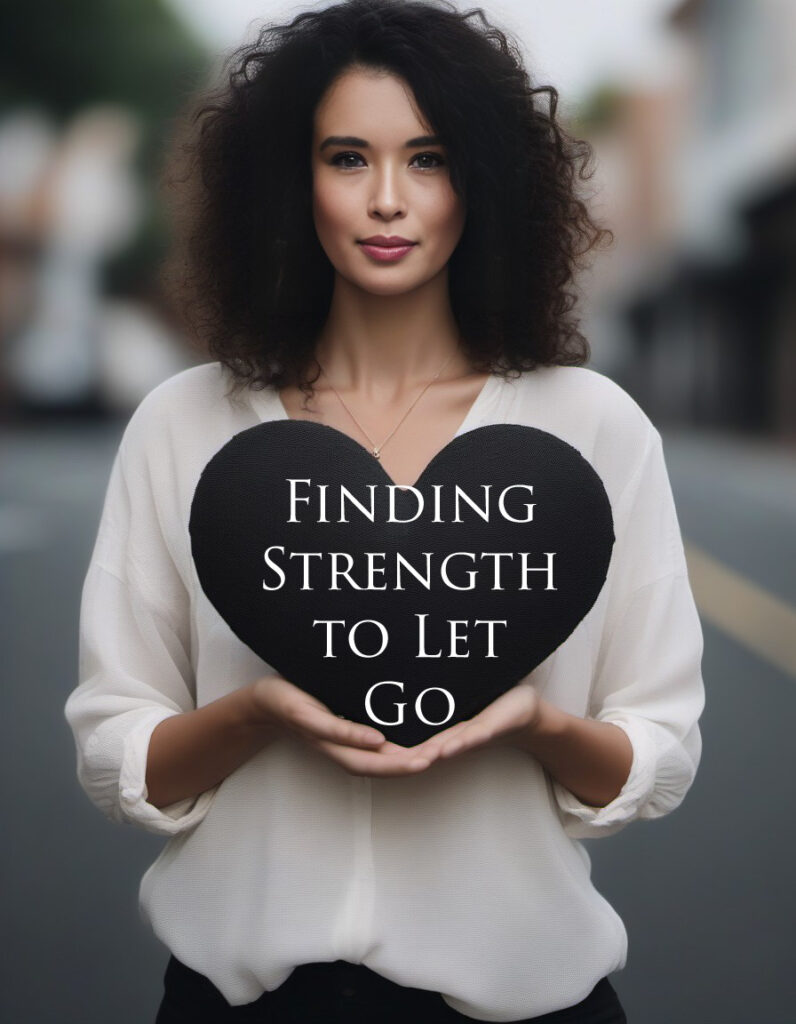“Why didn’t you come to the Christmas party?” Nina asked me over coffee.
I shrugged. “I just didn’t feel like going out.”
She smirked. “Well, if you don’t go out, you’ll never find love!”
I laughed, shaking my head. “Maybe I don’t want to find love. I’m done with all that drama.”

I meant it. After years of relationships that left me questioning my worth and wondering what I was doing wrong, I’ve realized something big: it wasn’t just about love—it was about validation. I had been stuck in a cycle of attracting people who relied on me to boost their sense of self, to fill their emotional gaps. It wasn’t love; it was a need for attention, and I had become their supplier.
This realization didn’t come overnight. It came after countless arguments that somehow always ended up being “my fault.” After one too many times of being told, “You’re treating me like I’m not good enough,” when all I did was point out something practical. And the hardest part? Watching them twist my words into something I never said, turning me into the villain of their story to justify their own lack of accountability.
What Is External Validation?
External validation is when someone relies on others to make them feel worthy or complete. It’s not inherently bad—everyone likes to feel appreciated—but it becomes toxic when it’s their only source of self-worth. People who depend on external validation often avoid accountability because admitting their flaws would shatter the fragile sense of self they’ve built on others’ opinions.
My Story of External Validation in Relationships
Take one of my past relationships. At first, it seemed perfect—full of romance, affection, and promises of forever. But as time went on, I noticed cracks. Honest conversations about real issues were met with defensiveness or misinterpretation. When I gently suggested ways we could both grow or improve, I was met with accusations like, “You’re making me feel like I’m not good enough.”
And when the relationship ended, it wasn’t enough to part ways quietly. He told others a version of events that painted me as the problem. Why? Because he needed their validation, to hear that he was good enough, even if it meant twisting reality.
Recognizing the Pattern
Looking back, I realized this wasn’t the first time. I had been in relationships where I felt responsible for someone else’s emotional well-being, always trying to fix things or keep them happy. I gave so much of myself—whether it was through, supporting their dreams, or constantly reassuring them—only to feel drained in the end.
The truth is, no matter how much you give, it’s never enough for someone who can’t find validation within themselves. They’ll keep taking until there’s nothing left, and then blame you when they still feel empty.
How to Break Free
If this sounds familiar, know this: it’s not your fault. But it is your responsibility to break free. Here’s how I started:
• Recognize the Pattern:Ask yourself if you’re always the one apologizing, fixing, or trying to “prove” your worth in a relationship.
• Detach from Their Validation:Stop tying your value to their happiness or approval. You don’t need to carry the weight of their self-esteem.
• Prioritize Your Peace:Focus on what makes you happy, not what keeps them content.
Breaking free isn’t easy, but it’s worth it. Today, when someone asks why I don’t go out or date, I smile and say, “Because I’m done with drama.” Not because I don’t want love, but because I’ve finally learned the difference between love and validation.


